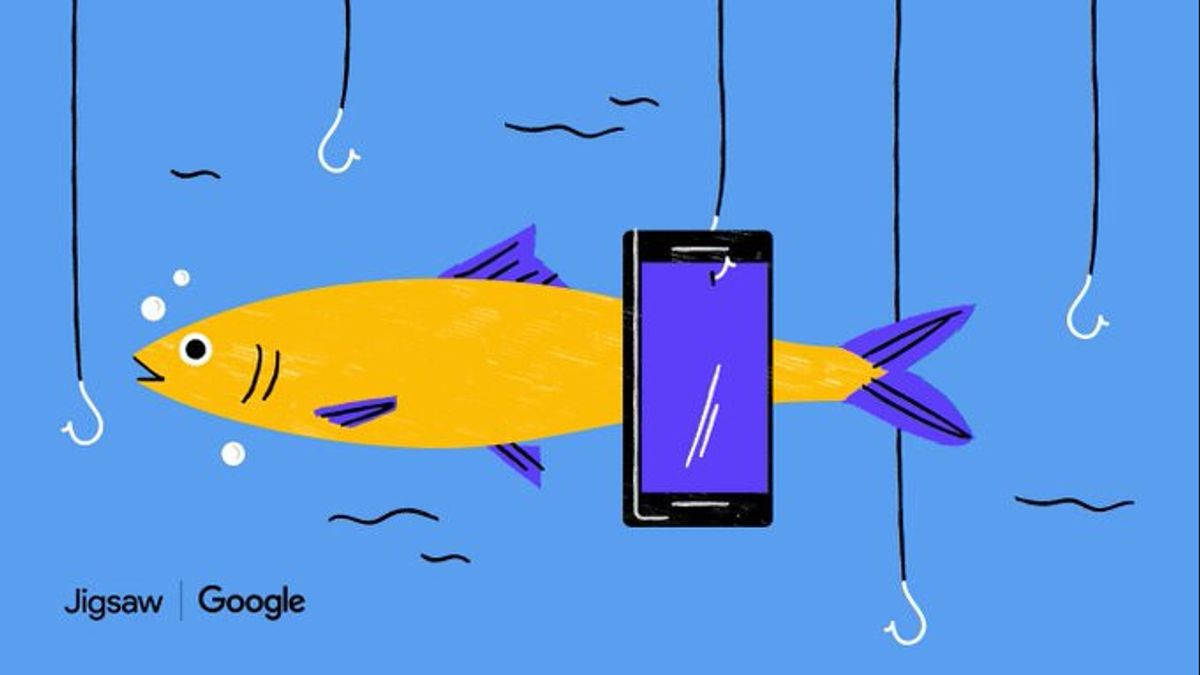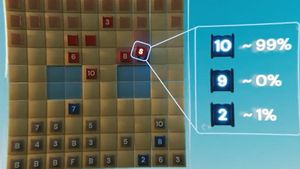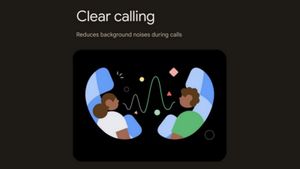JAKARTA – Jigsaw, a subsidiary of Google launched a new anti-misinformation project in India. This project aims to prevent misleading information that is accused of inciting violence.
The initiative will use "prebunking" videos - designed to combat false claims before they become widespread - circulated on the company's YouTube platforms and other social media sites.
Google's efforts to challenge the spread of misinformation marked a sharp contrast with rival Twitter cutting its trust and security team, although new owner Elon Musk said it would not be a "free-for-all scene of hell".
Google recently conducted an experiment in Europe to combat anti-refugee narratives online following the Russian invasion of Ukraine.
The experiment in India will have even greater scope as it will tackle a variety of local languages from Bengali, Hindi, and Marathi to cover various parts of the country of over one billion people.
"This provides an opportunity to research prebunking in the non-western global south market," said Beth Goldberg, head of research and development at Jigsaw.
Like other countries, misinformation spread rapidly across India, mostly via social media, creating political and religious tensions.
Indian government officials have called on tech companies like Google, Meta and Twitter to take strict action against the spread of fake news.
India's Ministry of Information and Broadcasting (I&B) has also repeatedly used "extraordinary power" to block YouTube channels, and some Twitter and Facebook accounts, which they allegedly used to spread misinformation.
SEE ALSO:
The incendiary message has also been spreading through the messaging service Meta, Whatsapp, which has more than 200 million users in India. In 2018, the company limited the number of times messages could be forwarded, after false claims of child abductions led to the mass beatings of more than a dozen people, some of whom died.
In partnership with the Alfred Landecker Foundation, a pro-democracy organization based in Germany, the philanthropic investment firm Omidya Network India, and a number of smaller regional partners, Jigsaw will produce five videos in three different languages.
After watching the video, viewers will be asked to complete a short multiple-choice questionnaire, which is designed to measure what they have learned about misinformation. The company's recent research on the subject shows that viewers are 5% more likely to identify misinformation after watching such videos.
"This India initiative will focus on issues that resonate in the country," Goldberg added. "By alerting individuals and equipping them to recognize and refute misleading arguments, they gain the resilience to be misled in the future."
The results of the project itself are expected to be published in the summer of 2023.
The English, Chinese, Japanese, Arabic, and French versions are automatically generated by the AI. So there may still be inaccuracies in translating, please always see Indonesian as our main language. (system supported by DigitalSiber.id)













